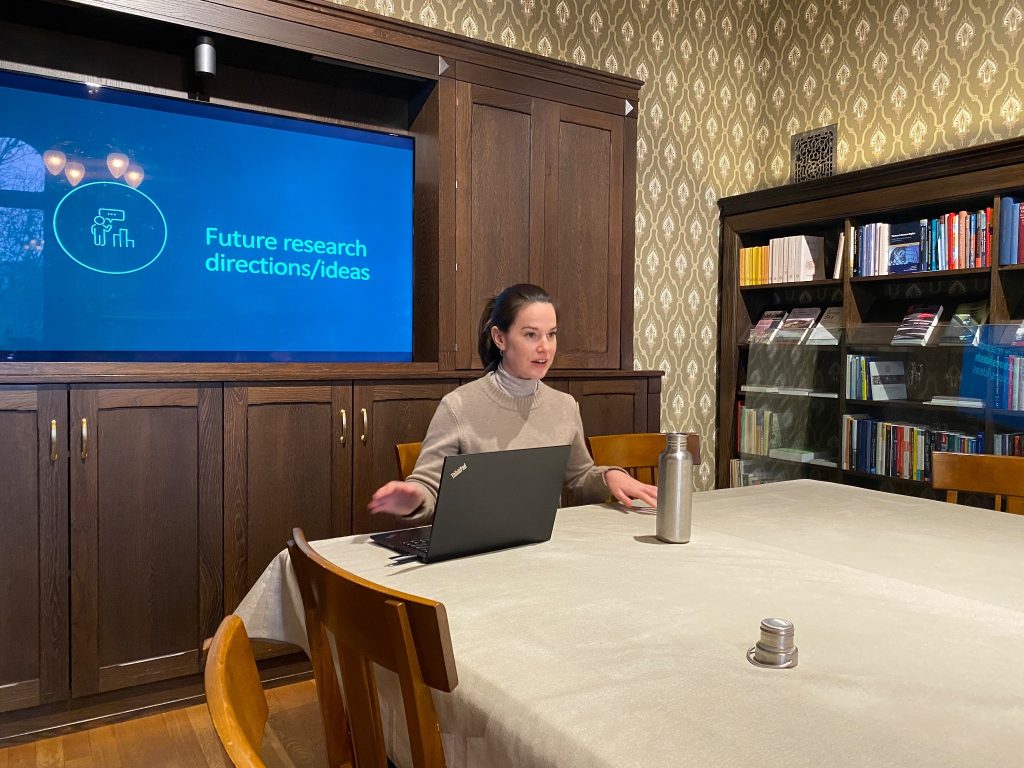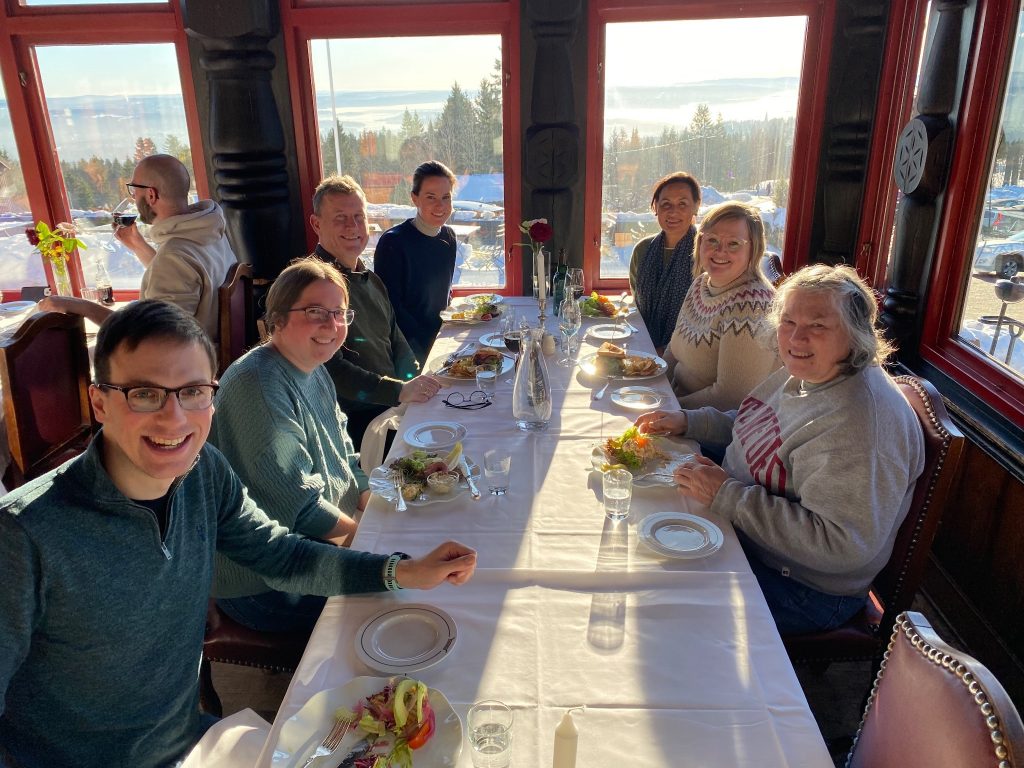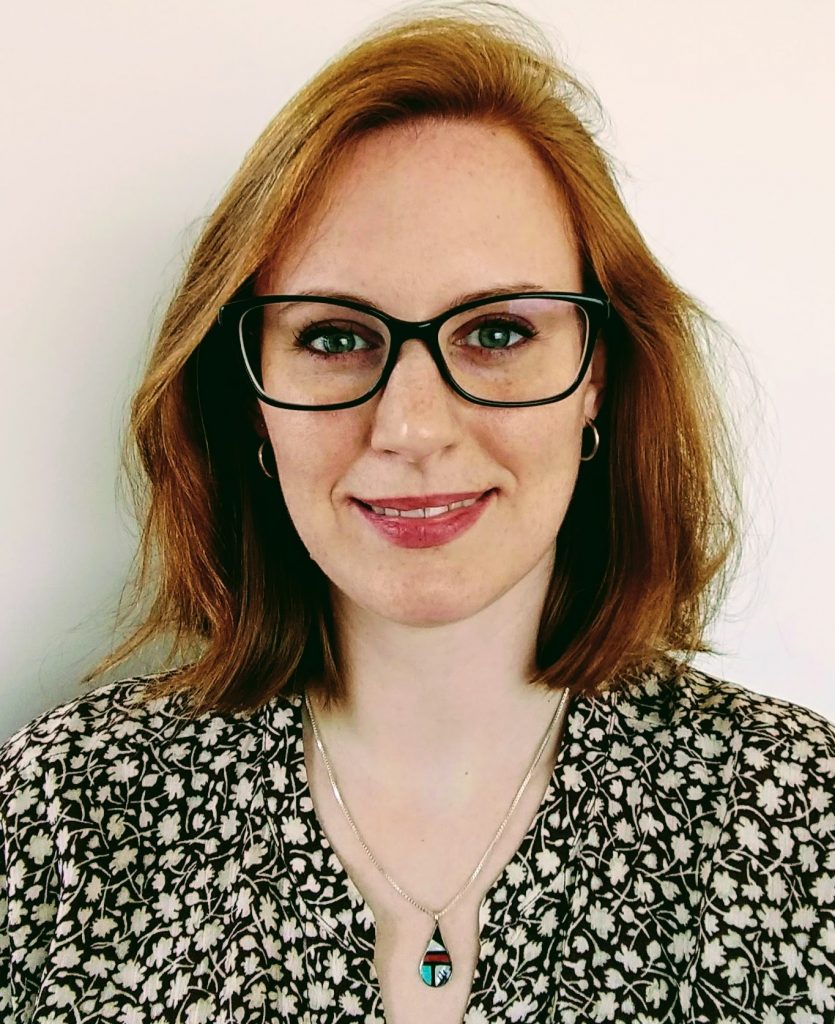Upcoming webinar

On 23 March at 1600 CET, Helga E. Bories-Sawala will present: “The forgotten pandemic that created today’s America. A look at the history textbooks of Québec.” (Contact jessicad@oslomet.no for a link.)
COVID-19 has been compared with other pandemics in history, but only very rarely to the “virgin soil epidemics” and their impact on Native societies who had no immunisation against these diseases of European origin. This paper studies some of these rare contributions. It then traces the coverage of epidemics among First Nations in textbooks on Québec’s national history across different curricula, as well as in two Indigenous textbooks. The textbook analysis is complemented by examining student understanding of this topic through student essays. Despite an increased effort to take into account the Indigenous perspective, we see that this aspect still remains marginalized, and appears more as collateral damage of colonization than in its role as a crucial accelerator. The microbial shock barely figures in the current educational program in Québec. In contrast, both the recommendations of the First Nations Education Council and Indigenous textbooks insist on the decisive historical role of these epidemics.
Bio:
Emeritierte Professorin für Sozialgeschichte Frankreichs und frankophoner Länder an der Universität Bremen, Mit-Gründerin des Bremer Instituts für Kanada- und Québec-Studien, assoziierte Professorin an den Universitäten Sorbonne Paris-Nord und Université de Montréal. Ausgezeichnet mit dem Prix A.-M. Boucher der Association internationale des études québécoises et dem Diefenbaker-Preis 2014-5 des Conseil des Arts du Canada für ein Forschungsprojekt über den Platz der Indigenen im Geschichtsunterricht Québecs, mit Thibault Martin (†) von der Université du Québec en Outaouais.
Professeure émérite d’histoire et de civilisation françaises et francophones à l’université de Brême, Co-Fondatrice de l’Institut brêmois d’Etudes canadiennes et québécoises, Professeure associée de l’université Sorbonne Paris-Nord et de l’Université de Montréal. Récipiendaire du prix A.-M. Boucher de l’Association internationale des études québécoises et de la bourse Diefenbaker 2014-5 du Conseil des Arts du Canada pour un projet de recherche sur la place des Autochtones dans l’enseignement de l’histoire nationale du Québec avec Thibault Martin (†) de l’Université du Québec en Outaouais.
Emeritus professor of French and francophone history at Bremen University, co-founder of the Bremen Institute of Canada and Québec Studies, associate professor at the Université Sorbonne Paris-Nord and the Université de Montréal. Recipient of the prix A.-M. Boucher of the Association internationale des études québécoises and the Diefenbaker Award 2014-15 of the Canada Council for the Arts for a research project on the representation of First Nations in history teaching in Québec, with Thibault Martin (†) of the Université du Québec en Outaouais.










